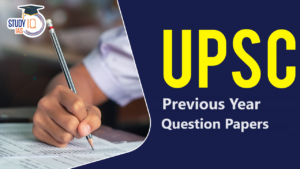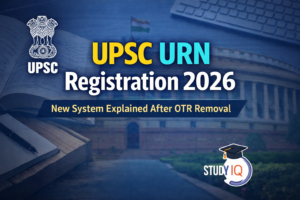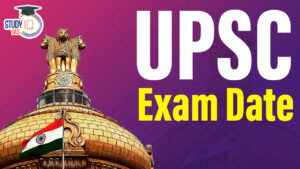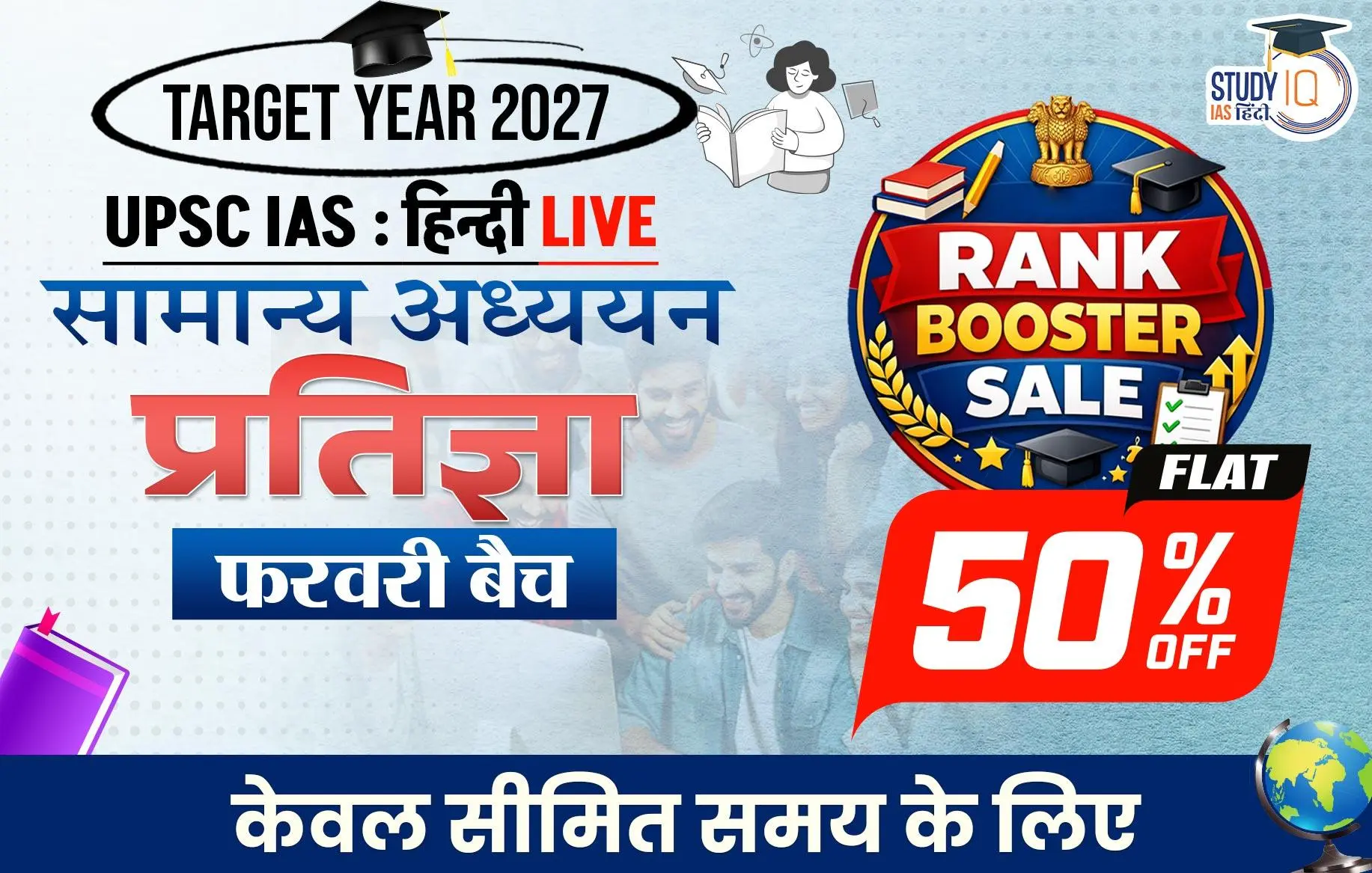Table of Contents
The UPSC Civil Services Preliminary Examination 2025 on May 25, 2025, is the doorway to India’s most coveted administrative professions. When the date of the exam approaches, candidates tend to be tense, perplexed, and engulfed by information. Smart revision, and not new learning, at this point, can help push your score to the ceiling.
This comprehensive guide provides tactical last-minute advice, pitfalls to be avoided, topic-specific guidance, and an exam-day approach, all designed for serious contenders who need to make every minute count.
Importance of Last-Minute Revision
Last-minute revision plays a pivotal role because:
-
It boosts memory recall during the exam.
-
It helps consolidate high-yield topics.
-
It prevents information overload from new sources.
-
It fine-tunes your approach toward accuracy and time management.
7 Smart Last-Minute Revision Tips for UPSC Prelims 2025
1. Stick to Your Notes — Not New Materials
Now is not the time for new books or resources. Use:
-
Your handwritten notes
-
Summary sheets for Polity, Economy, and Geography
-
Current Affairs monthly compilations
Focus on recall, not exploration.
2. Revise High-Weightage Topics First
Focus on these key areas:
-
Polity: Fundamental Rights, Parliament, President, SC
-
History: Modern India, important revolts, Freedom Struggle
-
Geography: Indian rivers, climate, resources, mapping
-
Economy: Budget 2024–25, Inflation, RBI, Schemes
-
Environment: Biodiversity Acts, Climate Treaties, Wildlife Parks
-
Current Affairs: National schemes, international summits, key reports
Use mind maps, charts, or one-pagers to revise fast.
3. Daily Targeted Mock Tests
Practice 1 full GS Paper I mock test daily:
-
Maintain 2-hour exam conditions
-
Use OMR sheet for real exam simulation
-
Review incorrect answers thoroughly
Track:
-
Accuracy
-
Time taken per question
-
Weak areas
4. Revise Previous Year Questions (PYQs)
Solve and analyze at least the last 5–10 years of Prelims papers. They show:
-
Repeating themes (e.g., Environment, Polity)
-
UPSC’s unique question framing style
-
High-yield static areas
Create a “PYQ Quick Book” for last-minute flash revision.
5. Don’t Skip CSAT (Paper II)
It’s qualifying (33%), but many fail due to negligence.
Tips:
-
Practice at least 2–3 CSAT papers
-
Focus on reading comprehension and basic math
-
Don’t spend too much time on puzzles
Safe attempt target: 50–55 questions
6. Optimize Current Affairs Revision
Revise only from:
-
Trusted monthly compilations (Jan 2024 – Apr 2025)
-
PIB-relevant government schemes
-
One-liner fact sheets for summits, reports, and acts
Use mobile-friendly PDFs or flashcards for quick access.
7. Maintain a Balanced Routine
Stick to this schedule in the last 7 days:
| Time Slot | Activity |
|---|---|
| 7–9 AM | Static subject quick revision (Polity/Economy) |
| 10 AM–12 PM | Mock test (GS Paper 1) |
| 2–4 PM | PYQ + current affairs capsule |
| 6–8 PM | CSAT practice or revision |
| 9–10 PM | Light revision + meditation or relaxation |
What NOT to Do Before UPSC Prelims
-
Don’t study new topics.
-
Avoid social media or negative peer discussions.
-
Don’t panic over mock test scores.
-
Avoid skipping meals or compromising sleep.
-
Don’t over-revise the same topic repeatedly.
Exam Day Essentials
What to Carry:
-
Admit Card (download from UPSC.gov.in)
-
Valid Photo ID (original)
-
Black ballpoint pens (2–3)
-
Watch (analog only)
-
Transparent water bottle
-
Reach the center at least 1 hour early
Exam-Day Strategy
GS Paper I:
-
Attempt known questions first.
-
Don’t spend over 1.5 mins/question.
-
Aim to attempt 85–90 questions.
CSAT:
-
Start with reading comprehension.
-
Skip time-consuming puzzles.
-
Attempt a minimum of 50–55 questions with accuracy.


 UPSC Previous Year Question Papers, Down...
UPSC Previous Year Question Papers, Down...
 UPSC URN Registration 2026: New System E...
UPSC URN Registration 2026: New System E...
 UPSC Prelims Exam Date 2026: Official Sc...
UPSC Prelims Exam Date 2026: Official Sc...

























